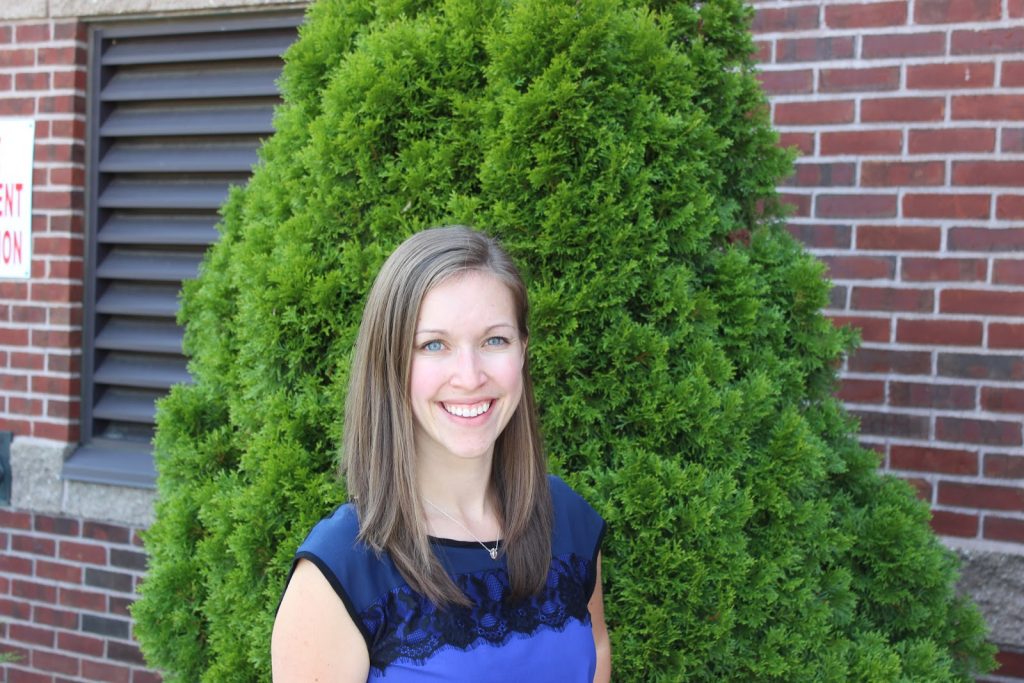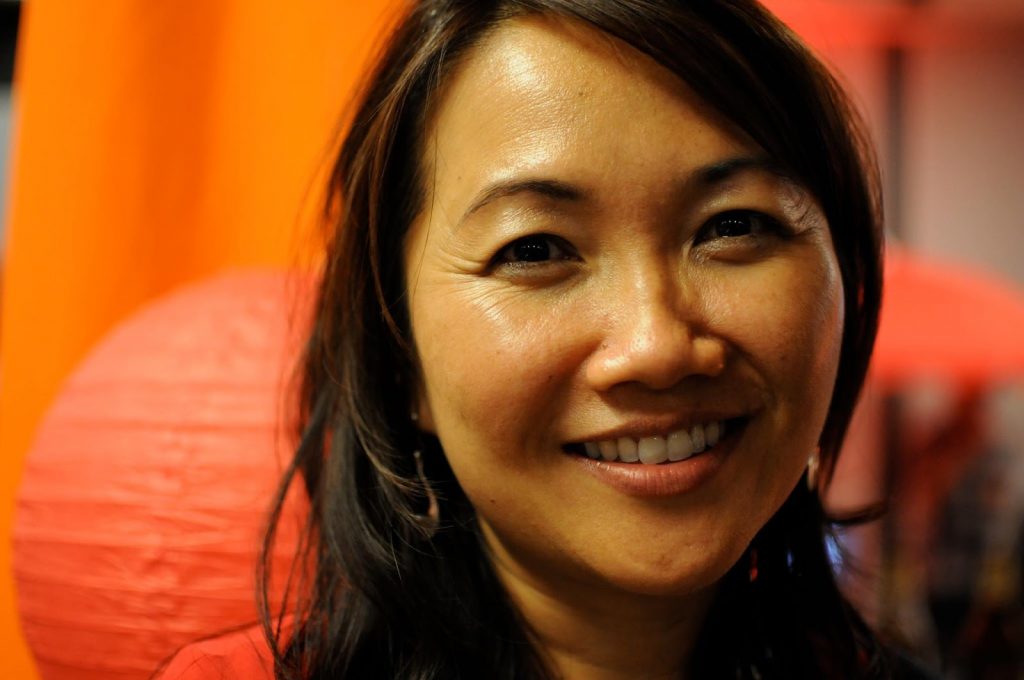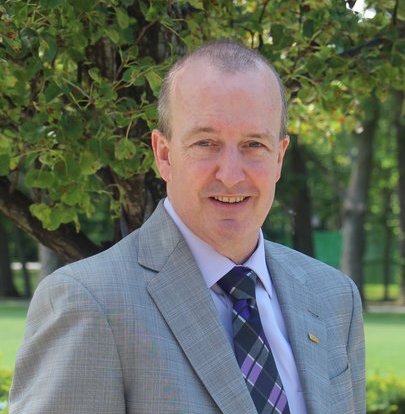By Emily Perlow, Assistant Dean of Students, Worcester Polytechnic Institute
As higher education professionals, keeping abreast of happenings in the world and anticipating the ways that these changes will affect our work is an ever-constant need. The world is rapidly changing and our students are evolving in response. Higher education is not always the most nimble enterprise, yet we’re called upon to be leaders in educating students for this rapidly shifting world.
In my 15+ years in higher education I’ve seen a lot of trends, some short-lived and some that have had lasting impacts. Here are the top 6 trends that I’m watching for 2019.
- Declining confidence in higher education. A Gallup study found a declining confidence in higher education as an industry. In 2015, 57% of respondents reported confidence in higher education compared to 48% in 2018. Notably, the greatest drops were among conservatives. Additionally, a Pew Research Foundation study found that 6 in 10 Americans say “higher education is going in the wrong direction.” This report indicates skepticism about the way that professors socialize students to think in liberal ways, a belief that administrators are too concerned with shielding students from uncomfortable ideas, that colleges are failing to give students adequate job skills, and that the costs are too high. Student affairs professionals can play an important role in supporting students in better articulating job skills gained through co-curricular learning and in helping students critically think about their views on controversial ideas.
- Increasing tension between administrators and faculty. A recent article in The Chronicle of Higher Education highlighted the declining value of the tenured professoriate. Tenure appears to erode a little each year and tensions over shared governance increase. Often student affairs professionals are caught in the middle—neither upper level administrator nor faculty member—yet our jobs are often cited as examples of administrative overgrowth. As a result of what I believe will be a long-term trend, I would suggest we need to capitalize on opportunities to participate in shared governance and rely on our shared experiences to foster collaboration opportunities with non-tenured faculty colleagues.
- Determining what counts as learning. There is increasing discussion on what counts as learning, what tools should be used to support learning, and what learning spaces foster the best kinds of learning. As the Department of Education considers whether to redefine the credit hour, this could allow for more creative delivery of content and acknowledgement of prior and co-curricular learning. It’s possible this could be a game changer for institutions looking to better serve adult learners. It could also mean additional revenue streams for colleges that are faltering in a time of declining enrollments. Student affairs professionals are educators and the work we do contributes to immense amounts of learning for students. We must do a better job of capturing and measuring this learning in quantifiable ways.
- Increasing emphasis on educational innovation. The idea of innovation is everywhere. Our students are more entrepreneurial and higher education leaders are working to distinguish their university from the rest using innovative strategies. To do this well, we must question our assumptions. Is it possible to offer free college education? Can we really deliver quality education virtually and still engage in high impact practices? One important need for innovation across higher education as an industry is an increasing need for the development of courses, majors, and programs that adapt to changing markets. As a result, there is also an increasing emphasis on interdisciplinary programs that integrate learning from across the institution. This could be an incredible opportunity for student affairs professionals to emphasize our expertise in integrating reflection and meaning-making by partnering with faculty as these programs are being developed.
- Making higher education increasingly accessible to diverse populations. Recent events such as the lawsuit against Harvard and the recent admissions scandal will lead to increasing scrutiny on the admissions process. This is coupled with the fact that we’re seeing declining enrollments of international students. I hope that these events will compel colleges to interrogate our assumptions, policies, and processes and hopefully lead to important perspectives on the programs and services that both support and inhibit the success of students in accessing, succeeding, and completing college. There is a growing interest in first generation student enrollment. One important distinction that will be essential moving forward is to avoid conflating first generation with working-class as too many of our first-generation focused programs do. We must be meeting the needs of working class students, an identity group that has too often been ignored. Tied to this assertion, I believe we must also better adapt to the needs of students with intersectional identities. For example, how do we meet the needs of a first generation, working class, Latinx student? I would invite that each of us should be thinking about the well-intentioned policies, practices, and procedures that may not support equal access and to enact equity by design.
- Mobilization of the student voice. As we approach 2020 as an election year, we should certainly expect that it will be years of polarization on our campuses. I think we will see less tolerance among students of the bad behavior among their peers, more protests, and more student advocacy. Additionally, today’s student is more willing to limit speech that is not inclusive, even if protected by the First Amendment, which I personally believe is a dangerous position. There will be an increasing need for student affairs professionals to teach students how to have controversy-with-civility and how to manage being confronted with uncomfortable ideas. It will also be important that we think about our own and our institution’s positions on free speech versus exclusive or offensive speech.
These are just a few of the trends affecting our day-to-day work. It is essential we stay attuned to the larger industry trends as they affect the ways resources are allocated at our institutions and the projects and programs that are prioritized. These trends also create opportunities for student affairs professionals. I would challenge you to always ask yourself: How does/could this affect my work or my institution?
Most important, I invite you to stay attuned to world events. Subscribe to the higher education publications and news publications of your choosing. Read articles and authors with whom you disagree and think about how those positions will affect your work. Share what you’re learning with your peers. Some of the best, most thought provoking conversations I have had with colleagues came over something I read in the Sunday Globe.
About the Author
Emily Perlow is Assistant Dean of Students in the Division of Student Affairs at Worcester Polytechnic Institute. Emily also currently teaches in the Central Connecticut State Student Development in Higher Education program. She holds a Master’s degree in College Student Personnel from Bowling Green State University and a Ph.D. in Educational Policy and Leadership from the University of Massachusetts-Amherst. She volunteers actively with NASPA, AFA, NGLA, and Alpha Gamma Delta Women’s Fraternity.



